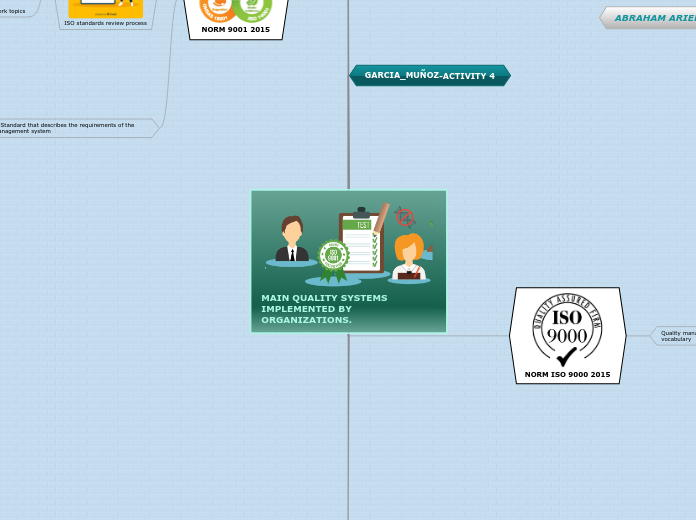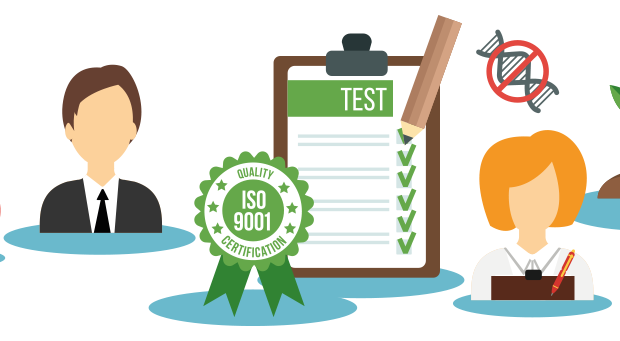
MAIN QUALITY SYSTEMS IMPLEMENTED BY ORGANIZATIONS.

Basic concepts.
External provider:
Supplier, partner, subcontractor.
Documented information:
Procedures, instructions, protocol forms
Risk-based approach:
It's risk-based thinking
Products and services:
They are products and services that organizations orient to the customer
GARCIA_MUÑOZ-ACTIVITY 4

NORM ISO 9000 2015
Quality management systems fundamentals and their vocabulary
Fundamental concepts
Quality
Quality management system
contact of an organization
Support for
Senior management
Company staff
Competition
Awareness and communication
concerned parties
Fundamental principles
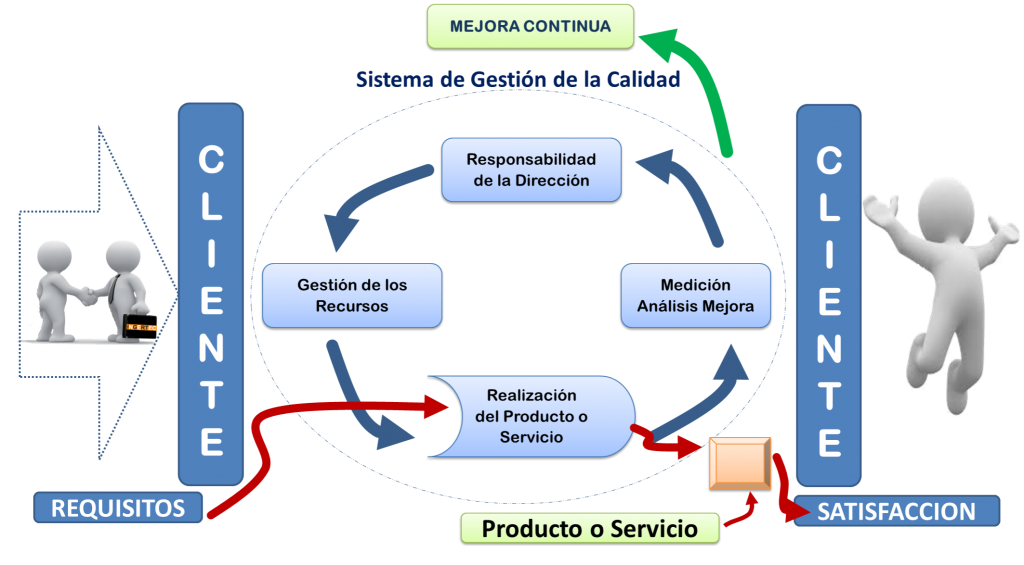
Customer approaches
Statement
Rational basis
Key Benefits
Increase in value, satisfaction, loyalty and customer expansion
Raise reputation, increase profits by staying in the market.
Possible actions
Recognize direct and indirect customers
Listen to your needs and expectations
Present to the organization these needs or expectations of the client to make adjustments in the care.
Leadership
Continuous improvement in the coordination and direction of the organization towards the proposed objective
Commitment of people
Competent staff committed to the organization
Process approach
Improvement
Decision making

NORM 9001 2015
Quality management approach
This standard provides guidelines to organizations to help them achieve success.
The ISO 9001 standard is applicable to any type of company regardless of its size or sector.
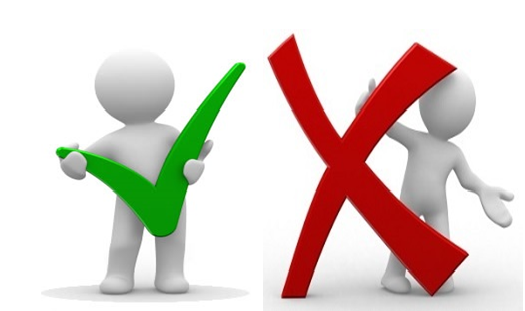
advantages of implementing ISO 9001

ISO standards review process
All Iso standards are reviewed by its technical committee every 5 years, with the aim of analyzing whether they need modifications.
The process is divided into six stages
Proposals for new work topics
Working draft
Draft international standard
Final draft of international standard
International norm
Committee draft
ISO 9001 Standard that describes the requirements of the quality management system
Fundamentals and vocabulary
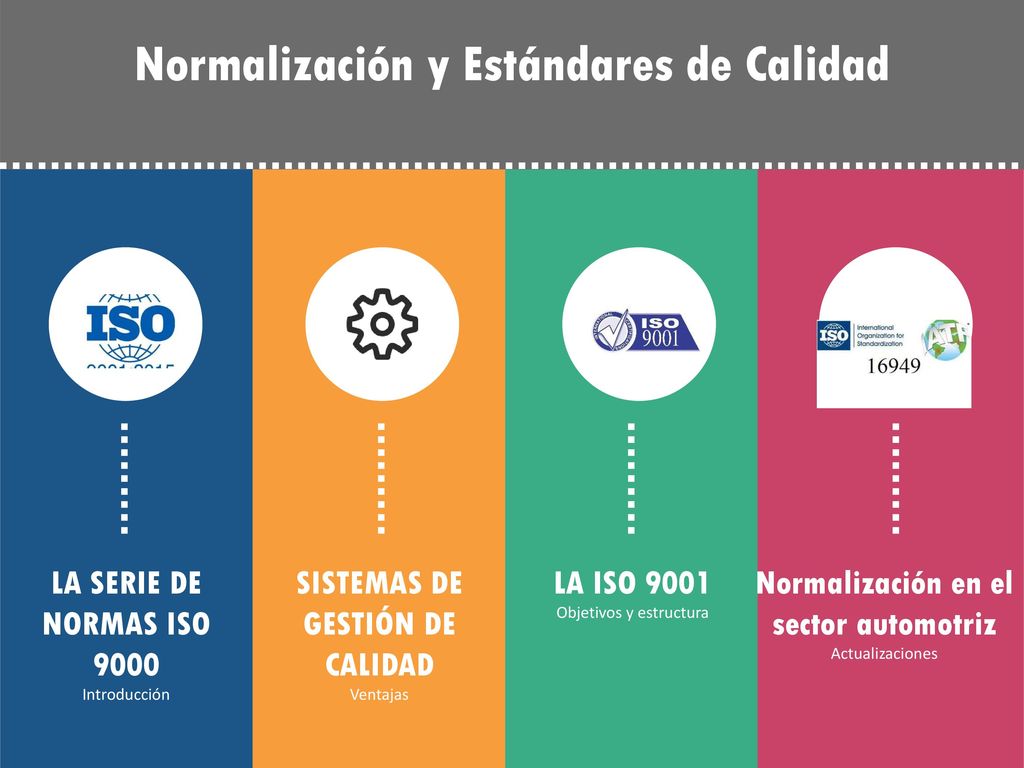
Composed of ISO 9000 ISO 9001 ISO 9004 standards
Terms and definitions that apply to all quality management standards

ISO 10013

The objective of the standard is to provide guidelines for the development and maintenance of the documented information necessary to support the effective operation of a quality management system, adapted to the specific needs of the organization.
This standard can also be used to support other management systems, for example occupational health and safety management systems. This document is not intended for contractual, regulatory or certification / registration purposes or to be used as requirements for any purpose.
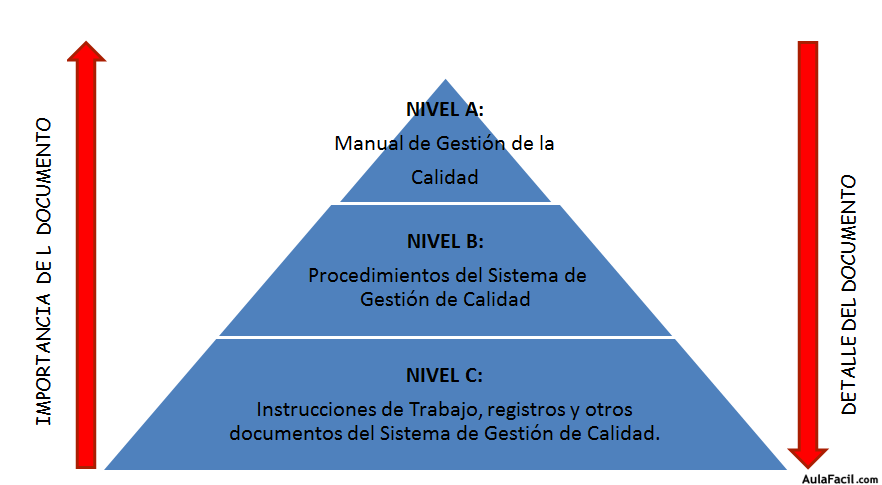
3 Terms and definitions
For the purpose of this Technical Report, the terms and definitions given in ISO 9000 and the following apply. An organization's quality management system may use different terminology for the defined types of documentation.
3.1
work instructions
detailed description of how to perform and record tasks
Note 1 to entry: Work instructions may or may not be documented.
Note 2 to entry: Work instructions can be, for example, detailed written descriptions, flow charts, templates, models, technical notes embedded within drawings, specifications, equipment instruction manuals, photos, videos, checklists , or a combination of the above. Work instructions should describe any materials, equipment, and documentation to be used. Where relevant, work instructions include acceptance criteria.
3.2
form
document used to record the data required by the quality management system
Note 1 to entry: A form becomes a record when data is entered into it.
